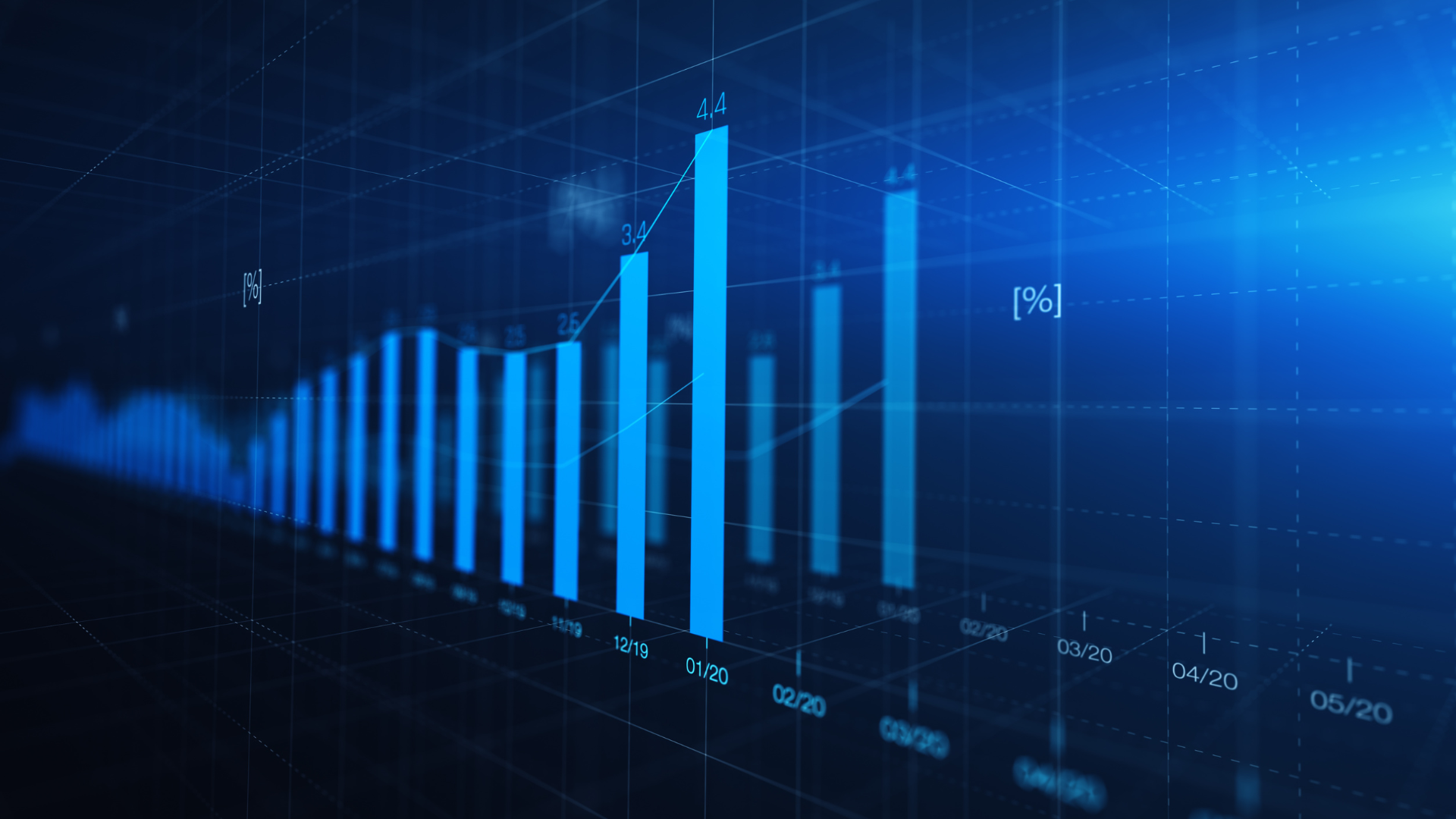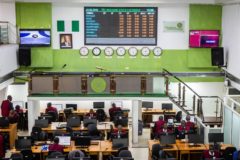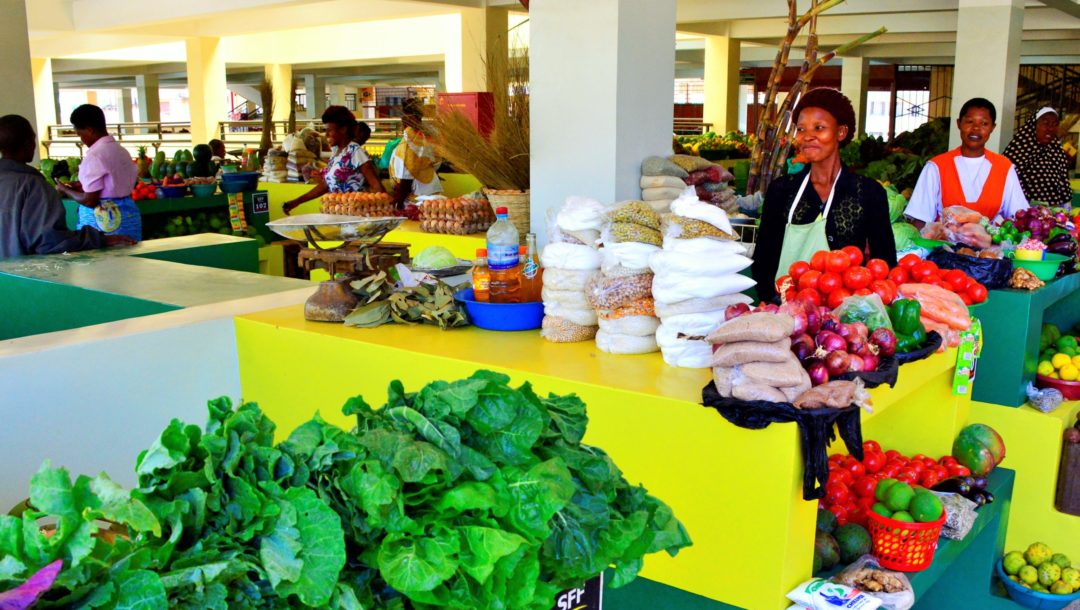Nigeria’s headline inflation increased to 22.79% in June, driven by a rise in the prices of food.
According to the National Bureau of Statistics Consumer Price Index (CPI) and Inflation Report f
On a divisional level, inflation was majorly driven by food at 11.81%, followed by, housing, water, electricity and fuel (3.81%), clothing and footwear (1.74%), and transport (1.48%), amongst others. Food inflation was up by 25.25% on a year-on-year basis in June 2023; higher than the rate recorded in June 2022 (20.60%). Food inflation was driven by increases in the prices of oil and fat, bread and cereals, fish, potatoes, yam and fruits.
States are not left out
On a year-on-year basis, Lagos had the highest inflation rate (25.75%), followed by Ondo (25.40%), and Kogi (25.23%), while Borno (20.44%), Zamfara (20.93%) and Ekiti (21.06%) recorded the slowest rise in headline inflation. Global Chief Economist, Renaissance Capital, Charles Robertson, notes that the inflation data is good news, owing to the fact that the population is reeling from President Tinubu’s economic policies of the foreign exchange devaluation, and fuel subsidy removal. “Relatively good news from Nigeria’s inflation figure – with a rise to only 22.8% YoY, despite the official FX rate devaluation from roughly NGN460/$ to closer to NGN800/$. There could be more to come in July of course,” he tweeted.






















